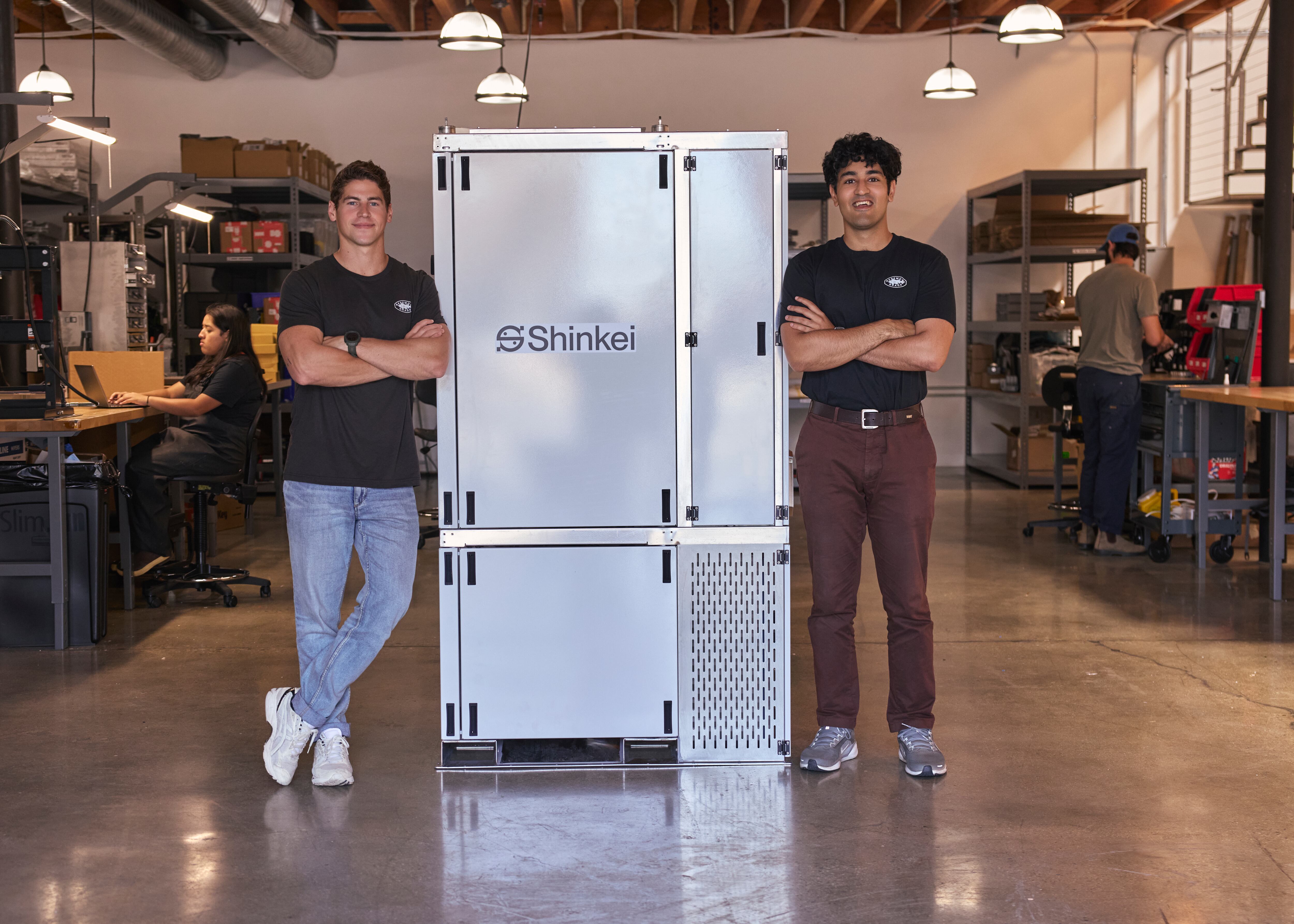Shinkei Systems, a vertically-integrated seafood robotics technology company seeking to disrupt the seafood processing industry, is doubling the size of its headquarters in El Segundo, Calif., after just a few years in business.
The tech startup, launched in 2021 by CEO Saif Khawaja and CTO Reed Ginsberg, uses AI-powered robotics systems to process fish using the Japanese method of ikejime. It announced in mid-September that rapid growth has led the company to relocate to the 15,000-square-foot facility in the Standard Works campus in metro Los Angeles.
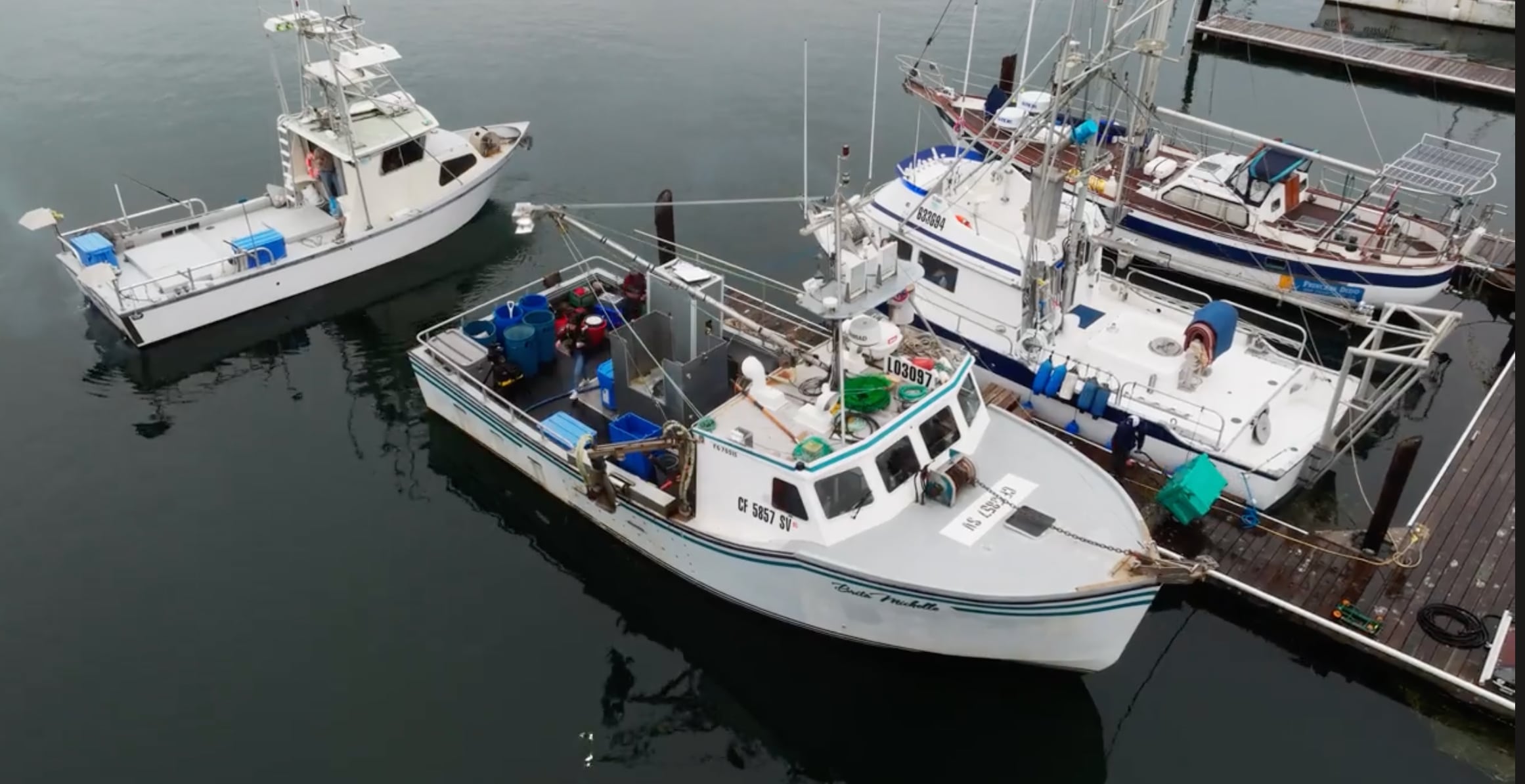
The move follows a $22 million Series A fundraise in June led by venture capital firms Founders Fund and Interlagos. San Francisco-based Founders Fund is best known for being early investors in Palantir Technologies, SpaceX and Facebook, whose partners include notable figures such as Palantir Chairman Peter Thiel and Trae Stephens, chairman of defense technology firm Anduril Technologies.
The company has raised a total of $30 million since 2021.
Altruistic and affordability
Shinkei Systems aims to produce Michelin-grade fish at commodity costs, Khawaja said, but that is only part of the story. The AI-powered system provides a more humane method for slaughtering fish, Khawaja said.
Khawaja, who grew up fishing with his father, said he was inspired to launch the business after reading an article in college that asked the question: “What if fish could scream?”
“It was all about how fish don’t have vocal cords, and they’re coming on the deck of the boat and flopping around, and we basically give them less empathy than we would for a cow or a chicken,” he said, adding that once a fish is caught, it can take them as long as an hour to lose consciousness.
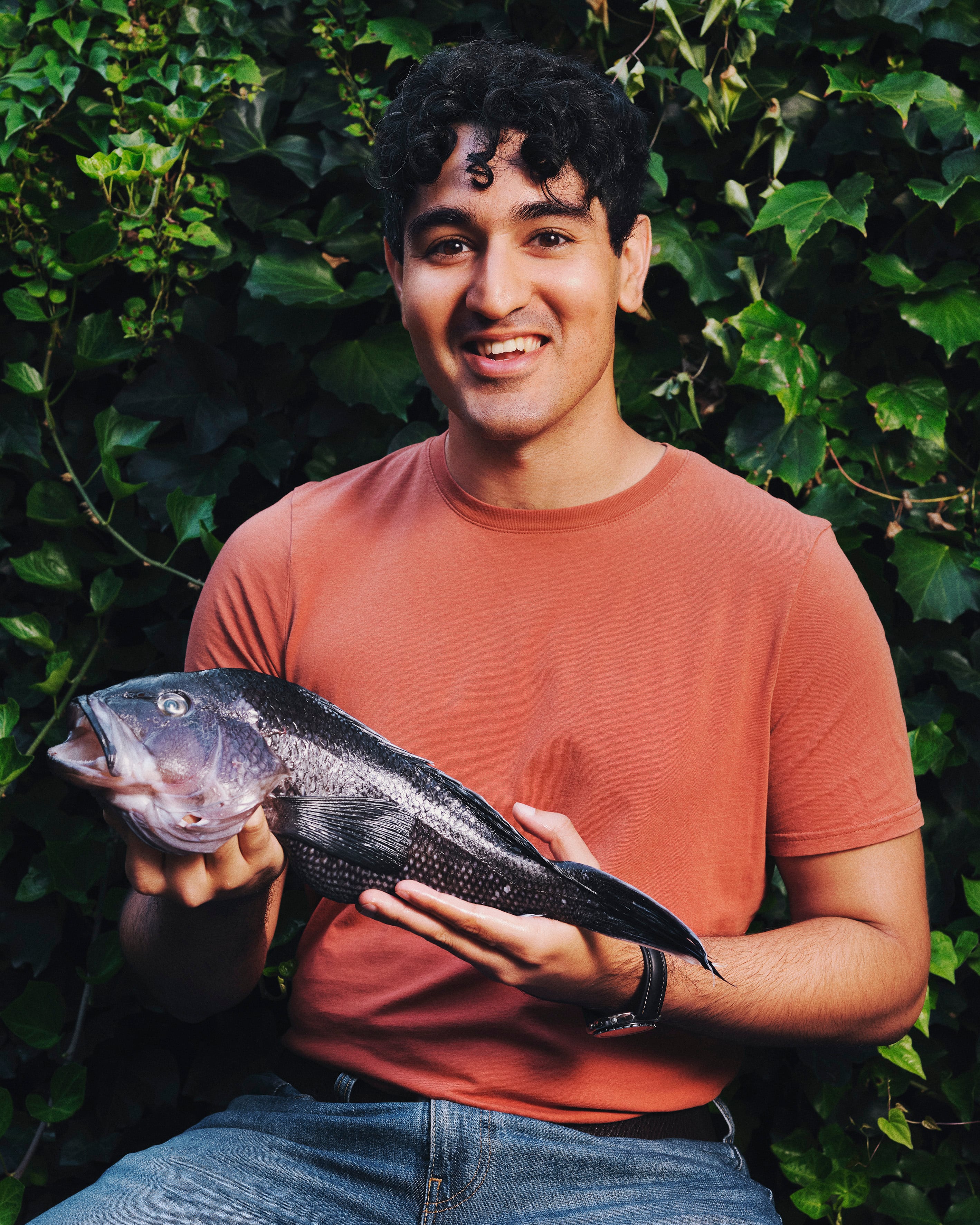
The process is not only arguably inhumane, but it also damages the quality of the fish, he said.
“So in that time, they’re releasing stress hormones, lactic acid, all these things that will make the fish more acidic and speed decomposition,” he said.
Reading the article led Khawaja down the path of developing a robotics system that uses the centuries-old Japanese method of killing fish known as ikejime. The method involves spiking fish in the head immediately after being caught, bleeding the fish, removing the spine and bringing the core temperature of the fish down as quickly as possible.
Ikejime is not only considered more humane, it also more thoroughly preserves the fish meat highly sought after by chefs at high-end restaurants.
AI at sea
Khawaja developed a machine, known as the Poseidon robot, that can be installed directly on a fishing boat that automates the ikejime process using artificial intelligence.
Shinkei Systems gives fishers the device, which are about the size of a small refrigerator, and pays them above market price for the fish they process using the system.
“The brand structures a profit-share with each operation to outfit their fishing boats with Shinkei robotics and implement its proprietary humane handling techniques,” the company said.
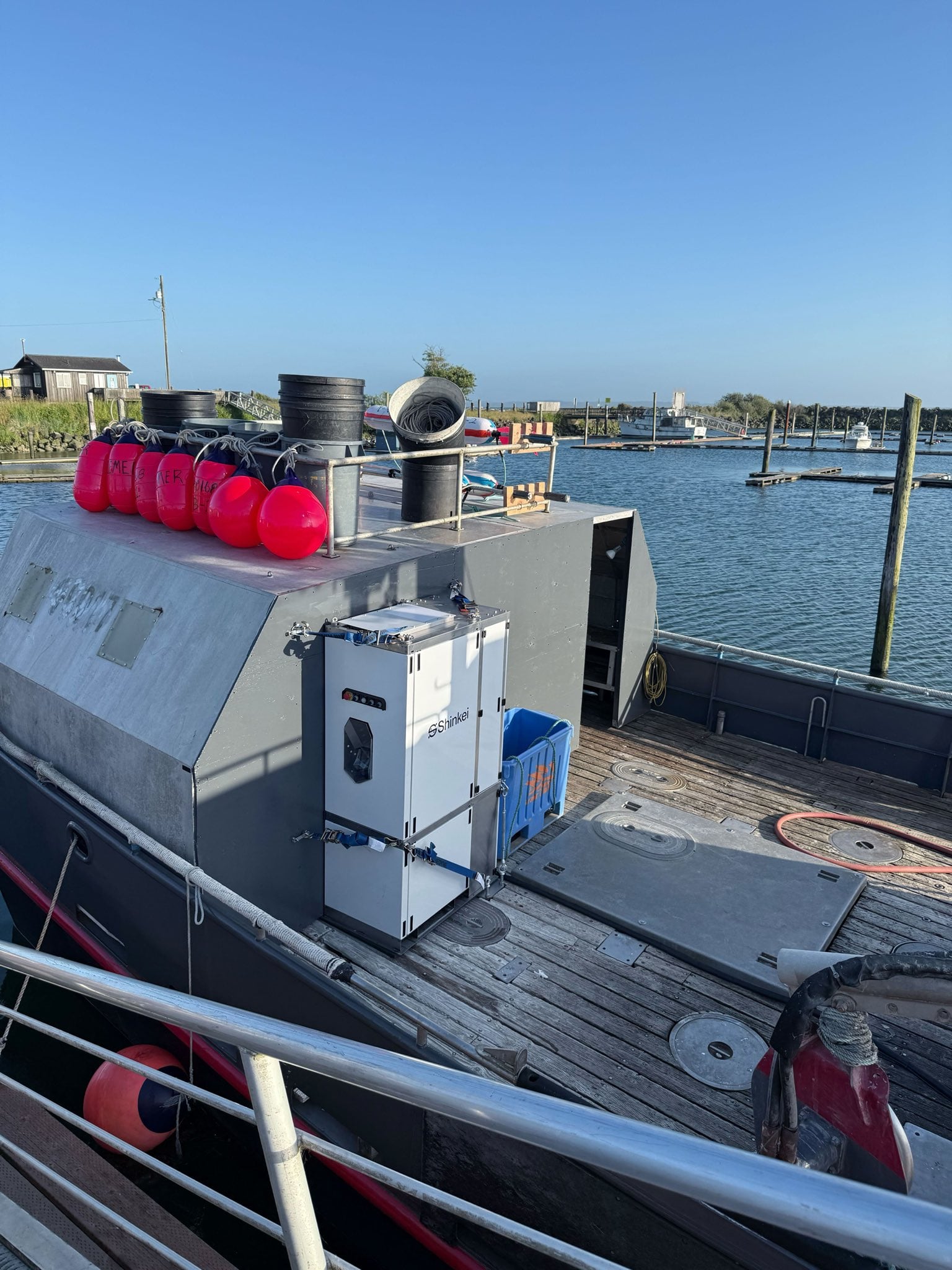
Fishers feed the fish into a hole on one side of the machine; then, an AI tool determines where to spike and process the fish.
“They put the fish in head first, and the machine scans it and figures out where’s the brain, where’s the gills, and then it generates a cutting path,” Khawaja said. The entire process takes about six seconds, he said.
Shinkei has deployed the AI systems on 10 ships, Khawaja said.
Expansion mode
The company currently is partnering with American fishers and selling its product, which Shinkei has branded Seremoni Grade fish, in about 20 cities across the globe, including several major US cities, as well as Hong Kong, Tokyo, Vancouver and elsewhere.
“My hope, obviously, is that we democratize access, and everybody has the choice to be able to buy a product of this quality,” Khawaja said.
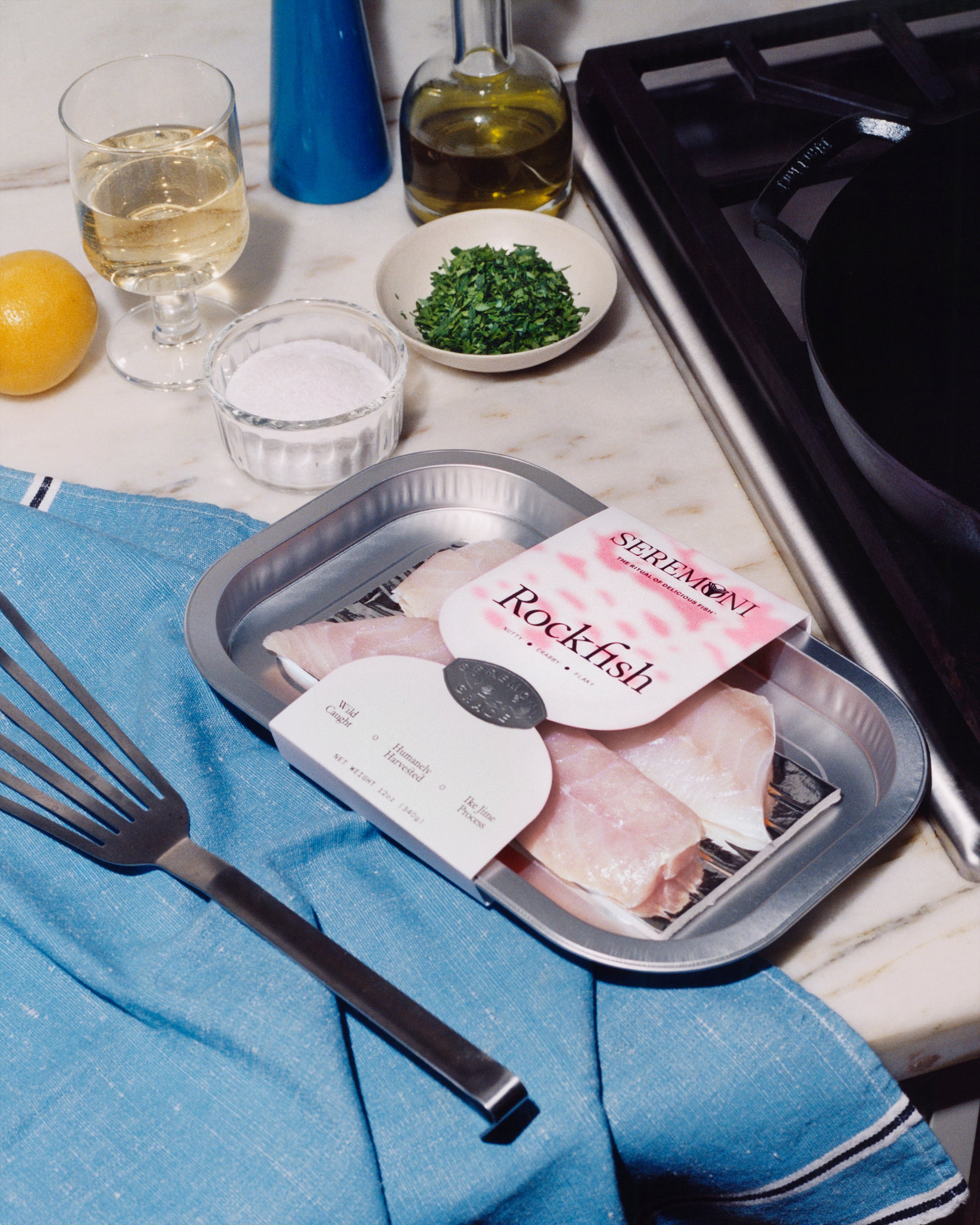
His biggest customers now are chefs looking for top-quality fish who care about value per dollar, he said.
Shinkei’s Seremoni brand also is making its way into retail outlets such as Happier Grocery in New York City and Pullman Market in Texas.
“We believe we’re the first nationwide brand with this style of product,” he said.

